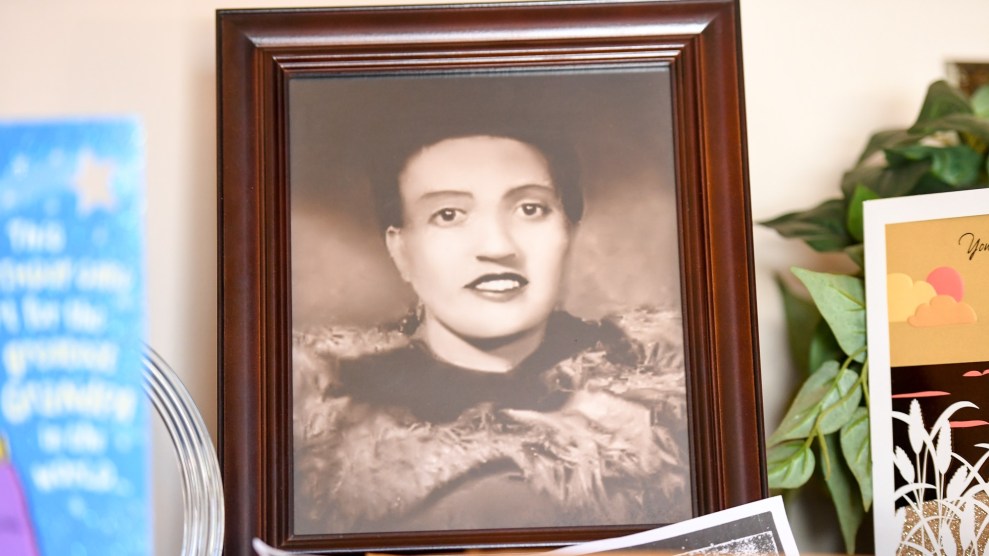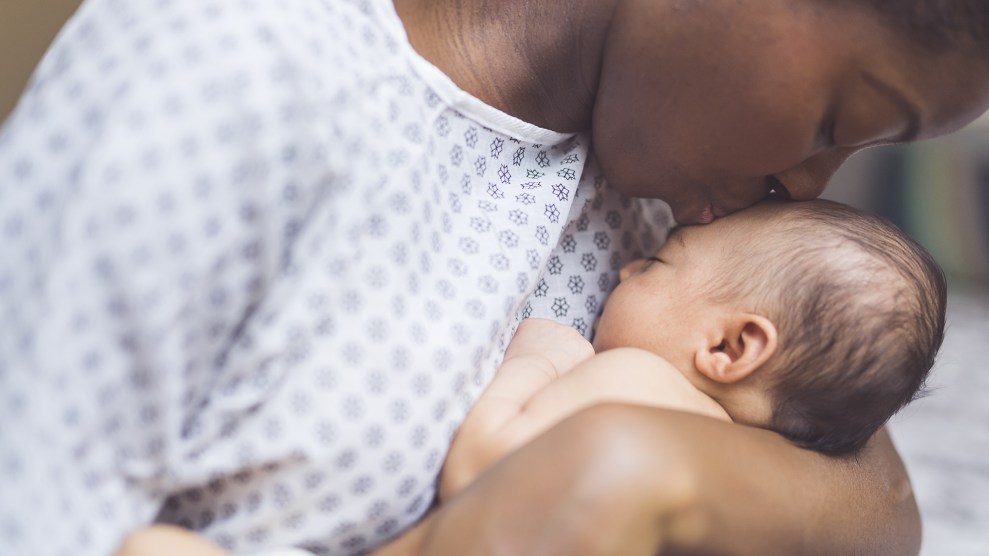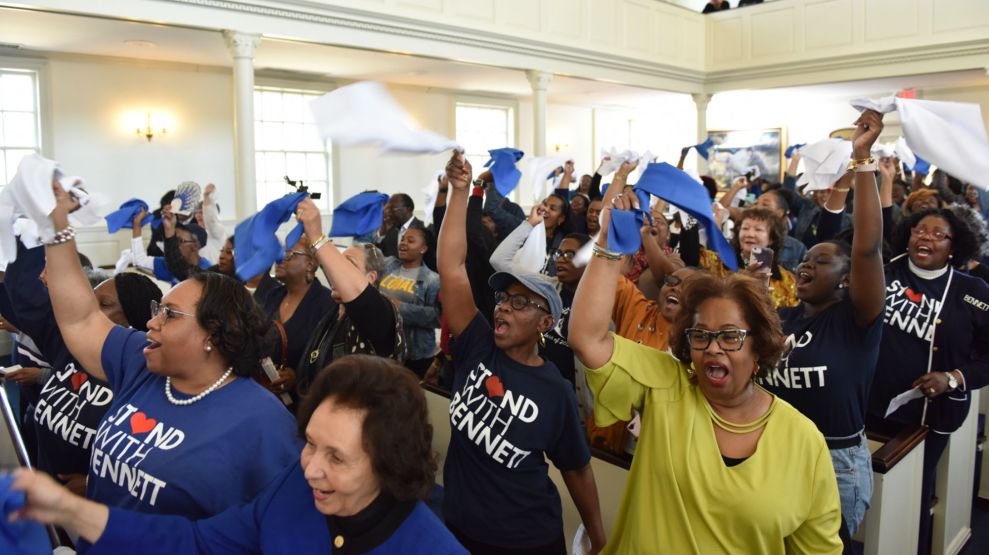
Jonathan Newton/The Washington Post
The HPV vaccine. Genetic mapping. The polio vaccine. All of these medical miracles were made possible by Henrietta Lacks, a Virginia woman whose cells were taken without her permission in the early 1950s and used for an enormous range of medical research over the decades that followed. Now more than 70 years later, her family is finally being financially compensated. On Monday, Lacks’ living relatives reached a history-making settlement with Thermo Fisher Scientific, a Massachusetts-based biotech company worth more than $216 billion.
While the contents of the settlement are confidential, the family spoke at a press conference in Baltimore on Tuesday—what would’ve been Lacks’ 103rd birthday.
“I can think of no better present…than to give her family some measure of respect for Henrietta Lacks, some measure of dignity for Henrietta Lacks, and most of all some measure of justice for Henrietta Lacks,” said famed civil rights attorney Ben Crump, who represented the family in the lawsuit.
In 1951, Lacks, a 31-year-old Black woman and mother of five, was being treated for cervical cancer in a segregated ward at Maryland’s John Hopkins hospital. During her treatment, a white male doctor took samples from her tumor without her consent. Once it was found that her cells could replicate outside of her body—the very first discovery of its kind—the cells were distributed to other researchers.
Lacks died eight months after her diagnosis, but her cells would continue to live on, being used in countless medical advances, including research into Covid-19. Studies involving “HeLa” cells—a portmanteau of the first two letters of Lacks’ name—have been noted in at least 110,000 scientific publications. For decades, her contributions were not recognized and her family wasn’t compensated. Her name entered the cultural spotlight after her life was documented in Rebecca Skloot’s 2010 biography, The Immortal Life of Henrietta Lacks, and once again in 2017, with the release of a movie adaptation.
In 2021, Lacks’ descendants filed a lawsuit against Thermo Fisher Scientific, accusing the company of commercializing and profiting off of her cells. The family’s attorneys described their victory as a massive step forward for other people who have been similarly victimized by racist medical institutions.
“If we can get justice for Henrietta Lacks, maybe we can start to tear down the layers of medical racism that exist even to this day,” Crump told the Baltimore Banner.
















